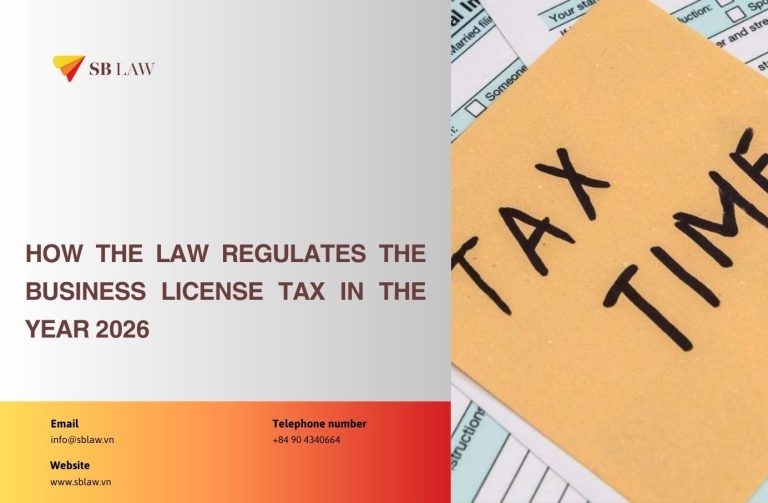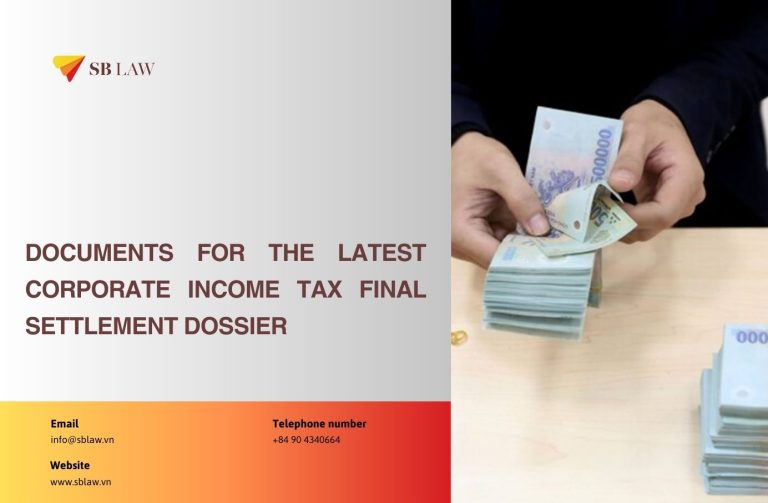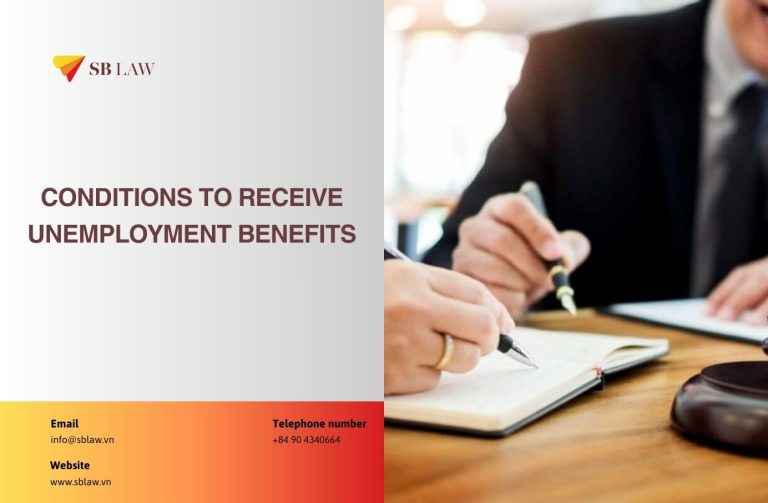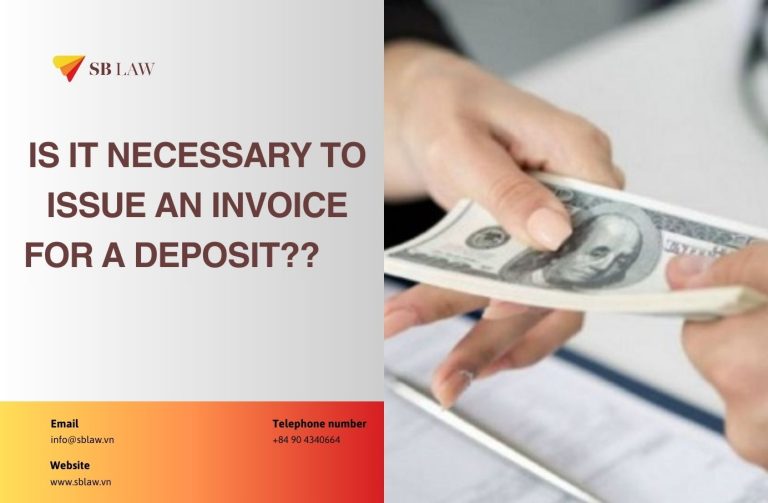Question: Company A is 100% shareholder of Vietnam Company. So far company A has granted loans in the amount of USD 1 milions to Vietnam company.
The questions would be:
- What is the exact definition of investment capital under Vietnamese law?
- Does the investment capital have to be increased as a result of the planned loan increase and what are the obligations that an increase in investment capital entails?
- Does an increase in the investment capital entail an increase in the contributed capital in the medium or long term?
- Can a loan from a parent company be granted interest-free?
- What are the conditions under which the interest on a loan can is classified as tax-deductible?
- Do all loans need to be short-term when granted, but must be reclassified to long-term after 12 months in order to allow tax deductibility of the interest?
SBLAW would like to advise as follows;
- What is the exact definition of investment capital under Vietnamese law?
- Under the Vietnam Investment Law 2020, investment capital is defined as "money and other assets prescribed by the law on civil matters and international agreements to which the Socialist Republic of Vietnam is a signatory for the purpose of carrying out business investmentactivities". With respect to a specific investment project, it can be understood that, investment capital is the mid-term or long-term capital to carry out investment activities in a particular administrative division over a certain period of time. Investment capital shall include (i) Capital subscribed by the Investor and (ii) Loan capital.
- Does the investment capital have to be increased as a result of the planned loan increase and what are the obligations that an increase in investment capital entails?
- The investment capital has to be increased if the planned mid-term or long-term loan increase. In case of increasing the investment capital, the Company shall have to amend the Investment Registration Certificate in order to reflect the change of investment capital.
- Does an increase in the investment capital entail an increase in the contributed capital in the medium or long term?
- Yes, in case the Investor selects to increase the contributed capital in the medium or long term, it shall entail an increase of investment capital.
- Can a loan from a parent company be granted interest-free?
- Yes. The parent company and the subsidiary can agree that the loan shall be granted interest free. However, in practice, the tax authority may doubt about the accuracy of the transaction and they are allowed to impose a tax burden based on the loan granted by the Parent Company. You should consult your tax advisor to account the suitable interest rate for the loan for avoidance of risk from anti-transfer pricing. Other our Clients in similar transactions (loan granted by the parent company) imposed an interest rate of 0.125% per year + expense incurred to the parent company in relation to the loan as granted to their daughter company.
- What are the conditions under which the interest on a loan can is classified as tax-deductible?
- Conditions applicable to a foreign loan are follows:
- (i) The Loan is used for the business plan or the investment project of the Borrower or the Company to which the Borrower makes a direct capital contribution;
- (ii) The foreign loan agreement must be made in writing before releasing and it must not be contrary to Vietnam Law;
- (iii) Currency of the loan should be foreign currency;
- (iv) In case of short term loan, the borrower must not use the short-term loan to serve mid-term and long-term purposes;
- (v) In case of mid-term and long-term loan, the total mid-term or long-term loan (including domestic loans) taken by the Borrower to serve the investment project must not exceed the difference between the total capital and the contributed capital as recorded in the Investment registration certificate.
- (vi) The mid-term or long-term loan must be registered with the branch office of State Bank of Vietnam at the province/city where the borrower registers its head office address.
- Do all loans need to be short-term when granted, but must be reclassified to long-term after 12 months in order to allow tax deductibility of the interest?
- Yes, in case the borrower fails to repay a short-term loan within 12 months from the releasing date, it shall be converted into the mid-term or long-term loan. In such case, the Borrower must obtain a mutual agreement with the Lender on extension of the maturity date and to register the loan with the the branch office of State Bank of Vietnam at the province/city where the borrower registers its head office address.
See more:




